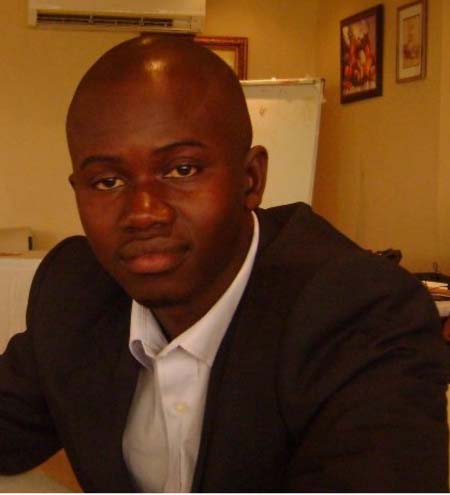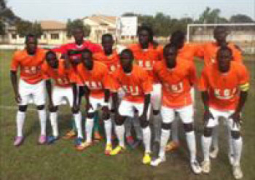
The union’s call is premised on the fact that as country gears up for presidential election on 1 December 2016, the current “level of self-censorship is unprecedented”.
Delivering the union’s statement at the 58th ordinary session of the African Commission underway at a hotel in Kololi, the GPU secretary general called for the support of the commission for the government to accord journalists unhindered coverage of the election.
On Tuesday, Saikou Jammeh told the gathering of human rights experts about the difficulty faced by journalists to access political, legal and economic information in The Gambia.
“Access to state information is unduly restricted in The Gambia,” he said, making reference to monopoly of state-owned TV and granting of TV licence.
Mr Jammeh also said tax levies on printing materials have induced high production cost for print media, and radio stations mainly shy away from current affairs.
According to the GPU official, the legislative framework on freedom of expression, media regulation and licensing still needs to be greatly improved upon.
“While there is a global trend of states reforming and outlawing laws that criminalise speech, such as criminal defamation, false news, and sedition, The Gambia has only recently amended some of these laws with heftier penalties and broader definitions,” he said.
The Information and Communication Act was amended in 2013, increasing punishment to prison terms of 15 years or a fine of D3 million for “spreading on the internet false news, caricature or derogatory information against the government or public officials”.
Similar amendments were made to the Criminal Code, increasing the punishment for the offence of giving false information from six months maximum jail term and D500 fine to a jail term of five years or a fine of D50,000.
“We, therefore, call on the Commission to urge the government to conduct comprehensive reforms of laws governing freedom of expression and press freedom,” Mr Jammeh said.
He explained that the reforms should include enactment of right to information law, while laws on sedition, false news, defamation, regulation and licensing should be reviewed and brought in line with the standards put in place by the African Commission.
Mr Jammeh also informed the human rights session that the sedition and false information trial involving Abdoulie Ceesay, the manager of Teranga FM, has been dragging at the courts for eight months now.
Ceesay, who was recently admitted at the Edward Francis Small Teaching Hospital in Banjul for the second time in two weeks, has been in the custody of the state for more than nine months.
The courts have several times refused to grant his right to bail, despite concerns over his health condition, Jammeh added.
“We once again call on the Commission to urge for his release,” the GPU secretary general said.
The GPU also called on the African Commission to urge the government to authorise a mission into the country by the Special Rapporteur on Freedom of Expression and Access to Information in Africa.


